Thought for the week, “was part of my days at G. R. G. Matriculation Hr. Sec. School. Our school would promote a proverb or a golden saying every week and this would be displayed in our classroom boards. Phrases like Unity is Strength; Arise! Awake! and Stop not Until You Succeed etc., became the thought for the week. Between Monday and Friday our teachers used to talk about that particular thought for a few minutes in the school assembly. Friday was special, for our Hindi master, T. A. Basker Iyer, would speak to all of us. His deliberation used to be a bit longer than others. But we enjoyed it. Sir would give examples from our epics and history during his speech. His vast experience and knowledge would be shared to us. Basker Iyer could read, write, and speak - English, Tamil, Hindi, and Sanskrit. Therefore, it was possible for him to be comfortable with texts from all these four languages. His magical ability to use examples with the aid of different languages would stun us. He would continue in the same fashion even during the class hours. It helped us to learn more about heroes like Nachiketa, Dadichi etc. All of us revered our Hindi master and he was a major motivating factor for us.
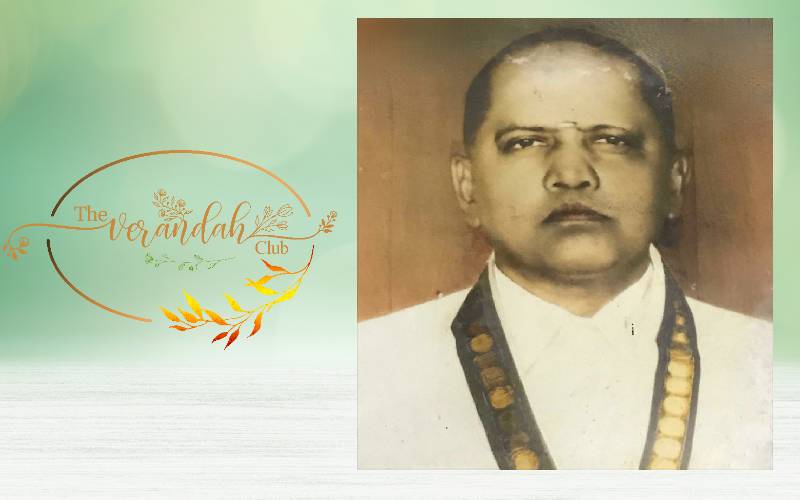
“A Place for Everything and Everything in its Place,” was the motto of my great grandfather, S. N. Padmanabha Chetty. He was known for his meticulous bookkeeping and storage of every single item acquired by him. He would have a purse which would carry his personal items like – purse, pen, ring, chain, and watch. His books were wrapped and numbered. The Tambura used by him was kept alongside his bhajan books. He was known to follow a pucca schedule, 24 hours a day. This habit helped him to not only be a successful businessman but also a social leader and a happy householder. Illness and old age did not deter him to present himself in the best manner possible. His iconic, Visiri Madippu and his other trappings were forever constant. In spite of his immobility which plagued him during the later years of his life, he would attend the meetings of theosophical and the literary society. His motto was applied with complete zeal. Here was a man who lived by the scriptures and yet led a modern life. His prayers and rituals never blocked him in the way of fellowship or commercial success. He created endowments for some activities so that they would continue long after him. Vision, time, space, and quality were never compromised, and people of his native town were keen to emulate him long after his times.
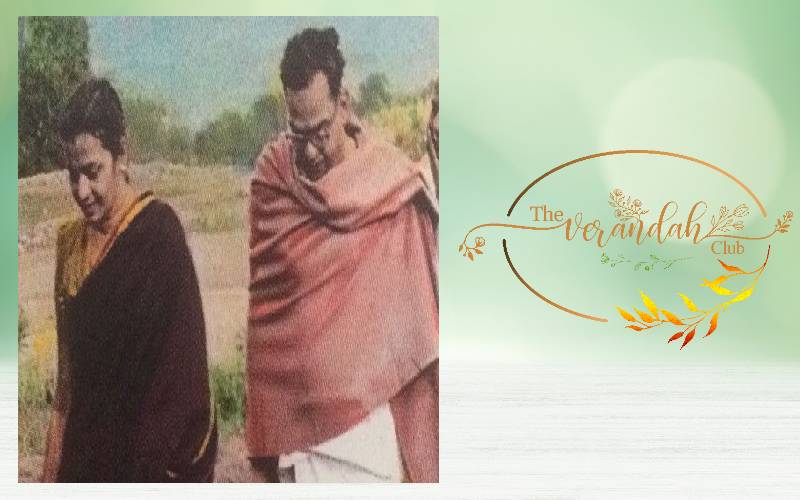
The G. R. G. Institutions is household name in western Tamil Nadu. The founders Chandrakanthi and G. R. Govindarajulu were known for their unique management approach. Together, they administered several businesses and institutions. Come summer, they would ensure the repair and maintenance work would be carried out in all their campuses. The keys of every campus had to be kept in their residence, Pioneer House, after the working hours on a day to day basis. Hygiene was paramount and every corner of the campus including the toilets had to be kept clean. They ensured that every VIP who went pass that town were invited to their educational institutions. The annual day of the G. R. G. Institutions would be a wonder to witness. Chandrakanthi Govindarajulu would ensure that every invitee was personally attended to. She would make a call to all the guests and invite them over for the annual day. This schedule of hers motivated people to follow her. The vast business experience of the couple was used effectively in the educational institutions founded by them. Their practices on hygiene at their family concern – The Coimbatore Pioneer Mills Ltd. won accolades from the American Consul. Visitors to Pioneer House carried an impression which would last all their lives. This model administrator couple continue to be looked upon as motivating examples by several leaders.
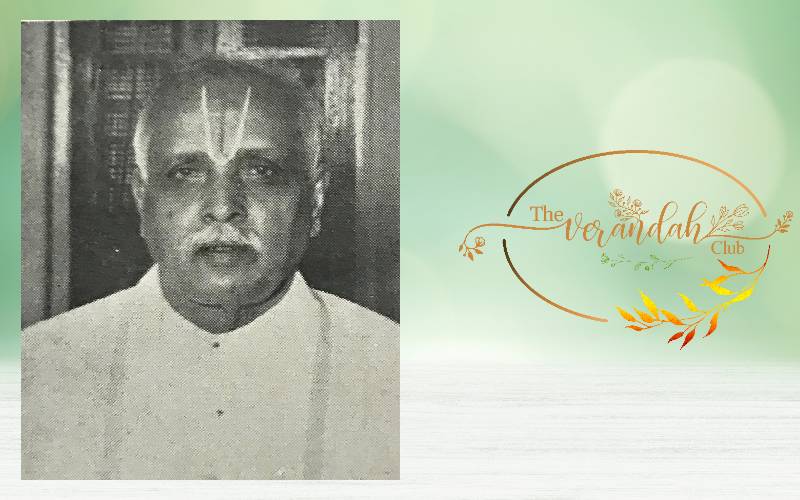
There are and have been umpteen landlords and industrialists who owned businesses and properties in several locations. People would jocularly say that the boss did not even know what he owned. There was a leading businessman in Madras state those days. He was traveling by train one day and was surprised to learn that the co-passenger who happened to be an employee in one of his businesses could not recognize him. The businessman returned to Madras and ensured that a large portrait of his was placed in each of his offices belonging to his stable. It was the time that the Coimbatore based industrialist, V. Rangaswamy Naidu was ruling the roost. He had the good fortune of heading numerous businesses. His son, R. Venkataswamy Naidu was known as the Birla of South India. The daily schedule of Rangswamy Naidu was remarkably interesting. He was known to visit each of his properties and businesses at the rate of one per day. Rangaswamy Naidu would not merely visit but he would go around the entire premises by foot and look into things. This helped his family to keep an eye on all the happenings. He also made the visits even during his old age. He was known to tell people that one should not become an absentee landlord. People made fortunes and acquired wealth. However, they forgot to look after them by visiting them. Are not the worst mistakes made during the best of times? Visiting our legacy either mentally or physically makes a world of difference for us and everybody concerned with us.”
Mr. Rajesh Govindarajulu is one of the founding members of the Verandah Club Pvt. Ltd. He is a leading columnist, historian, jeweler, entrepreneur, and a heritage enthusiast who is earnestly working to revive the past in the light of the present. Experiential learning about the history of Coimbatore is his main course of interest and he is also a panel member of many colleges in the city.
NEXT ARTICLE
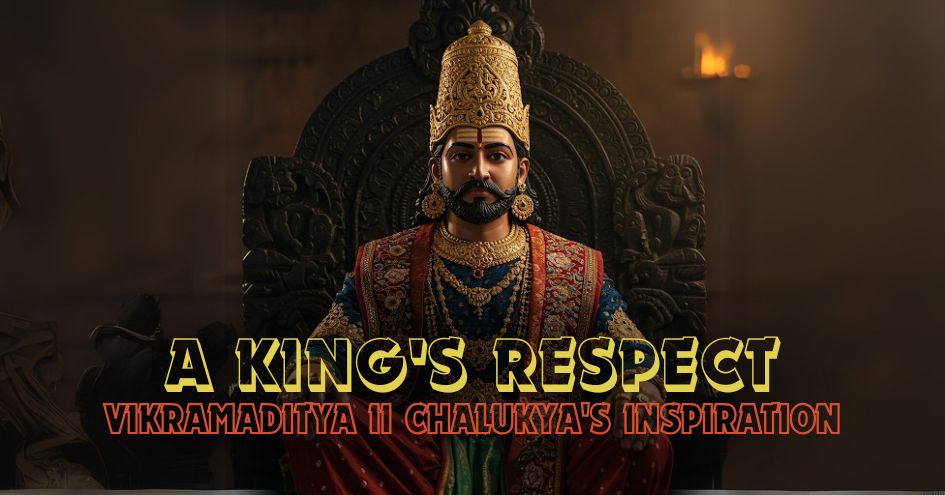
Indian History is rife with conflict between kings for power, territory and regional supremacy. We have seen instances where kings have made it a poin...
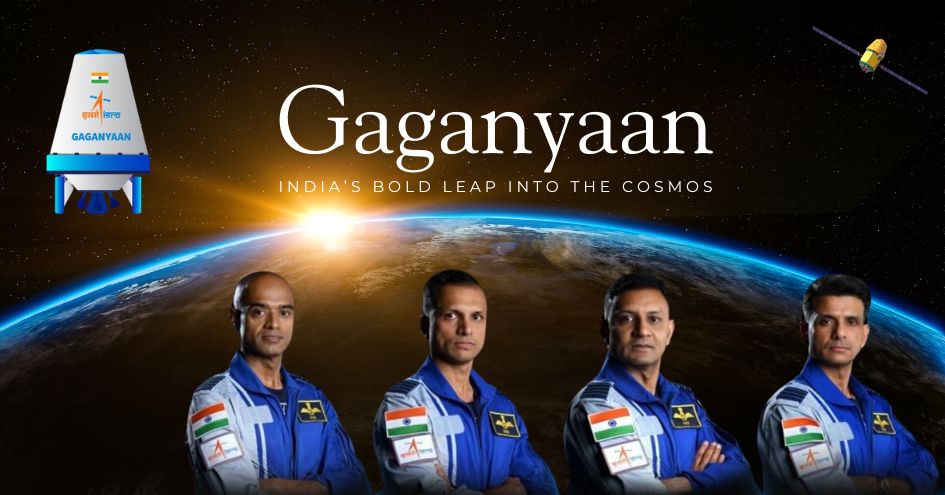
"Saare Jahaan Se Accha, Hindustan Hamara!"These immortal words, spoken by Squadron Leader Rakesh Sharma from the vast expanse of space in 1984, When t...

High in the rugged, unforgiving terrain of Jammu and Kashmir’s Reasi district, where the Chenab River slices through deep gorges and the Himalayas loo...